CSR & Social Justice
Juan C. Lucena, Colorado School of Mines;
Jessica M. Smith, Colorado School of Mines
Seeking to integrate social justice into CSR and learn how to cultivate engineers to become agents of what we term community-based CSR, we facilitated a participatory engagement of corporate, academic, and NGO actors that investigated the multiple and contested constructions and practices of CSR in the extractive industries.
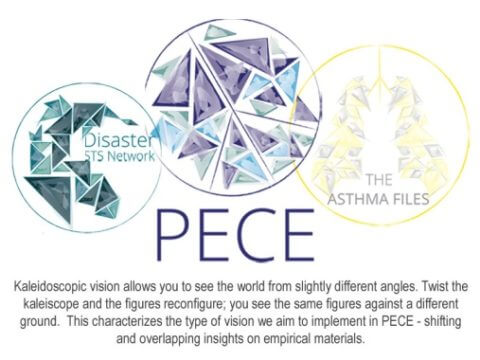
Lindsay Poirier, RPI;
Dominic DiFranzo, RPI
Luis Felipe Murillo, UCLA
Brandon Costelloe-Kuehn, RPI
Alli Morgan, RPI
Alison Kenner, Drexel
Sharon Traweek, UCLA
Pedro de la Torre, RPI
Kim Fortun, RPI
Mike Fortun, RPI
The Platform for Experimental, Collaborative Ethnography (PECE) is an open source (Drupal-based) digital platform designed to support distributed, collaborative work with of diverse types of research data.
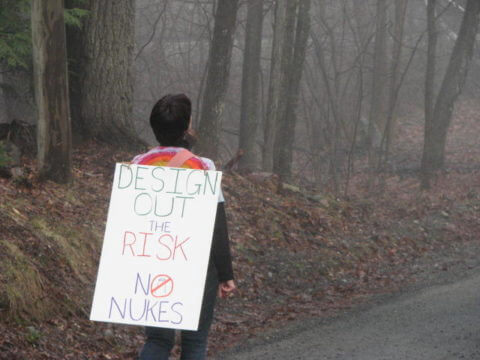
Donna Riley, Virginia Tech;
Dean Nieusma, RPI
Engineering, Social Justice, and Peace (ESJP) is an international network of scholar/ practitioner-advocates seeking to transform engineering.
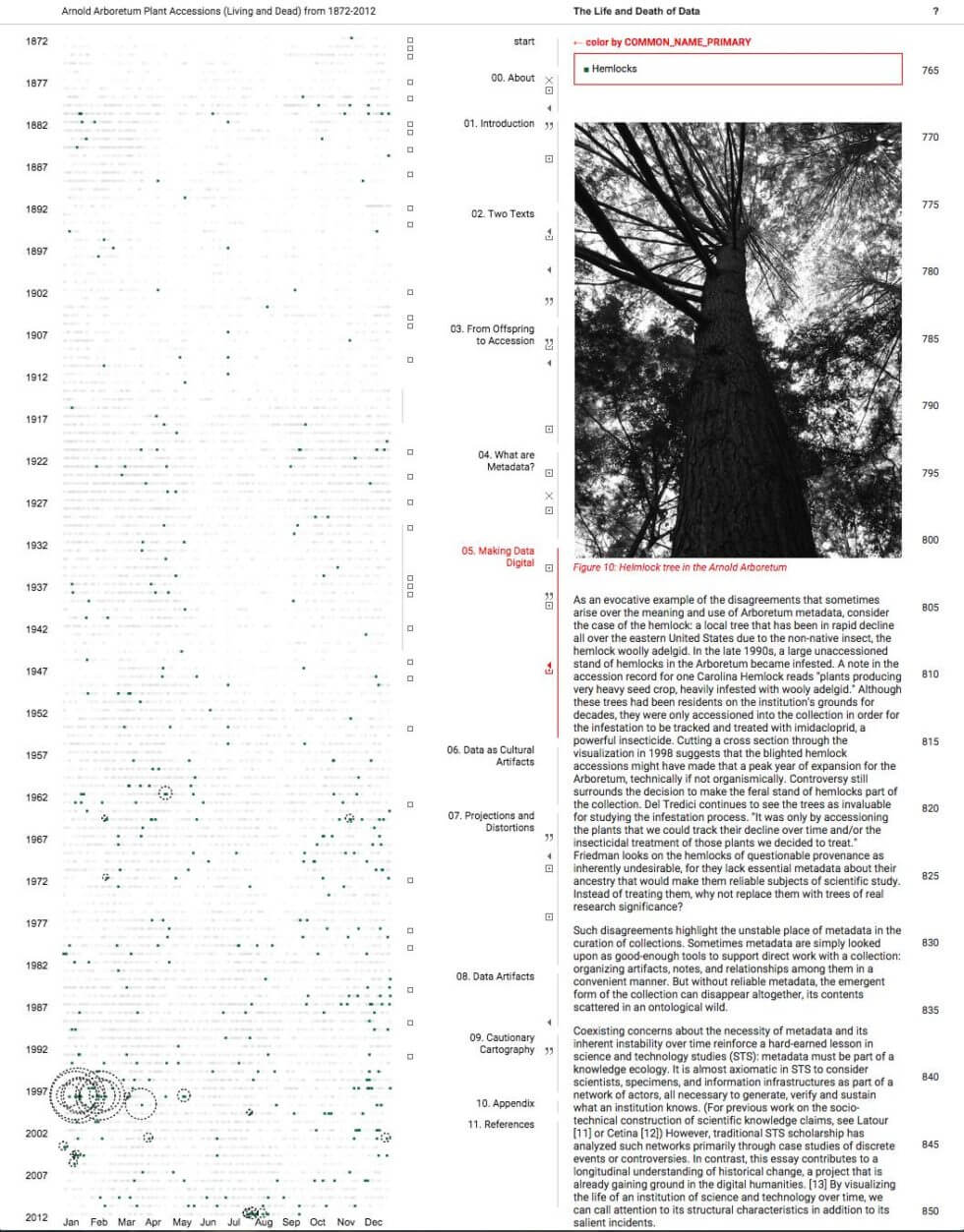
Yanni Alexander Loukissas, Georgia Tech;
Krystelle Denis, Harvard University
Through a combination of data visualization and interviews with Arboretum staff, this interactive project illuminates what data can teach us about their own social and material histories, as well as how to study collections digitally.

Andrew Lakoff, University of Southern California;
Christopher Kelty, UCLA
Stephen J. Collier, The New School
Limn is an experimental scholarly magazine devoted to illuminating contemporary problems. It draws its material from a network of experts in the social and human sciences. It is timely, diverse in perspective, authoritative, well written and beautifully designed.
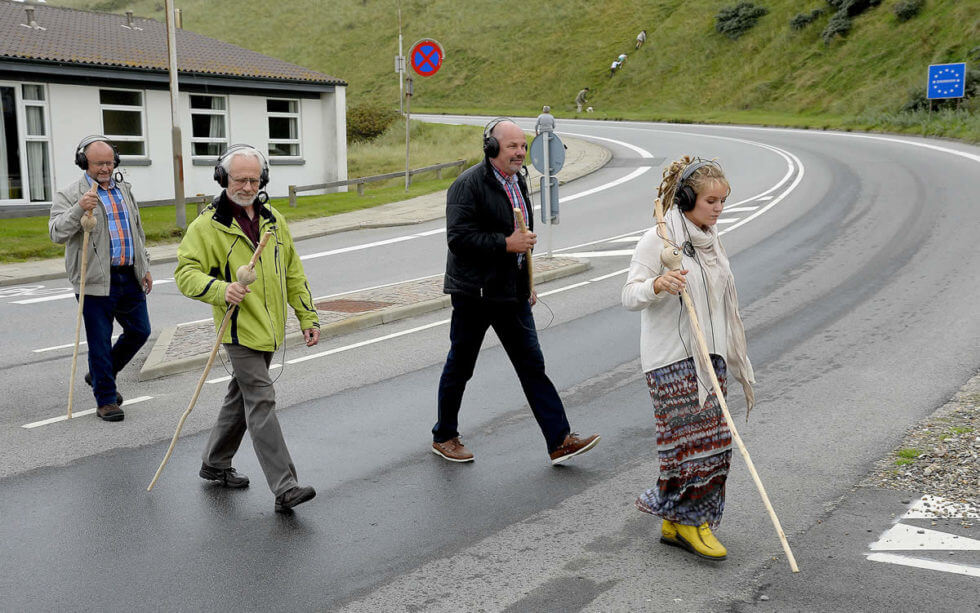
Laura Watts, IT University of Copenhagen;
Brit Ross Winthereik, IT University of Copenhagen
Drawing on 3 ethnographic fieldsites in the ‘Alien Energy’ research project, this walk materialises invisible infrastructures of renewable energy: wave energy in the sea, geothermal energy in the earth.
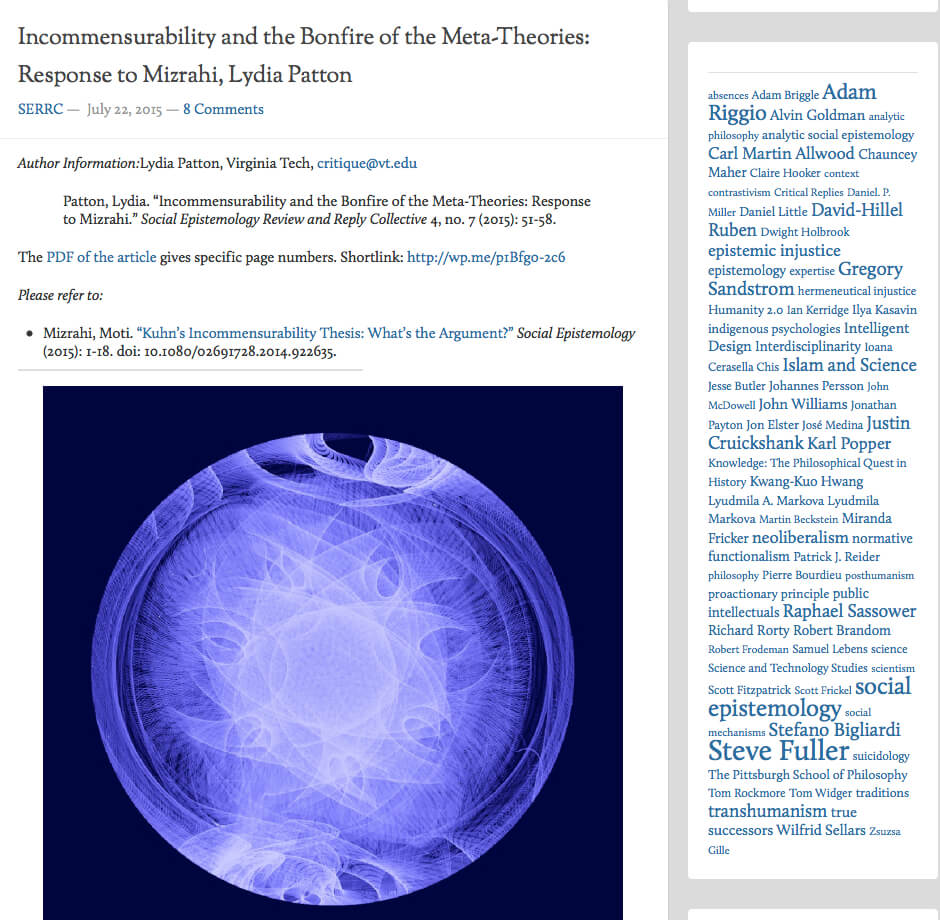
Jim Collier, Virginia Tech
This exhibit explores the Social Epistemology Review and Reply Collective—a collaborative experiment that enacts the principles of social epistemology by providing imaginative, alternative practices and pathways for scholarly expression and publication.
Thinking with Catalyst
Cristina Visperas, University of California, San Diego;
Monika Sengul-Jones, University of California, San Diego
Our exhibit presents two examples of situated infrastructures for the making and doing of feminist STS: a scholarly web platform and an academic workshop space.
